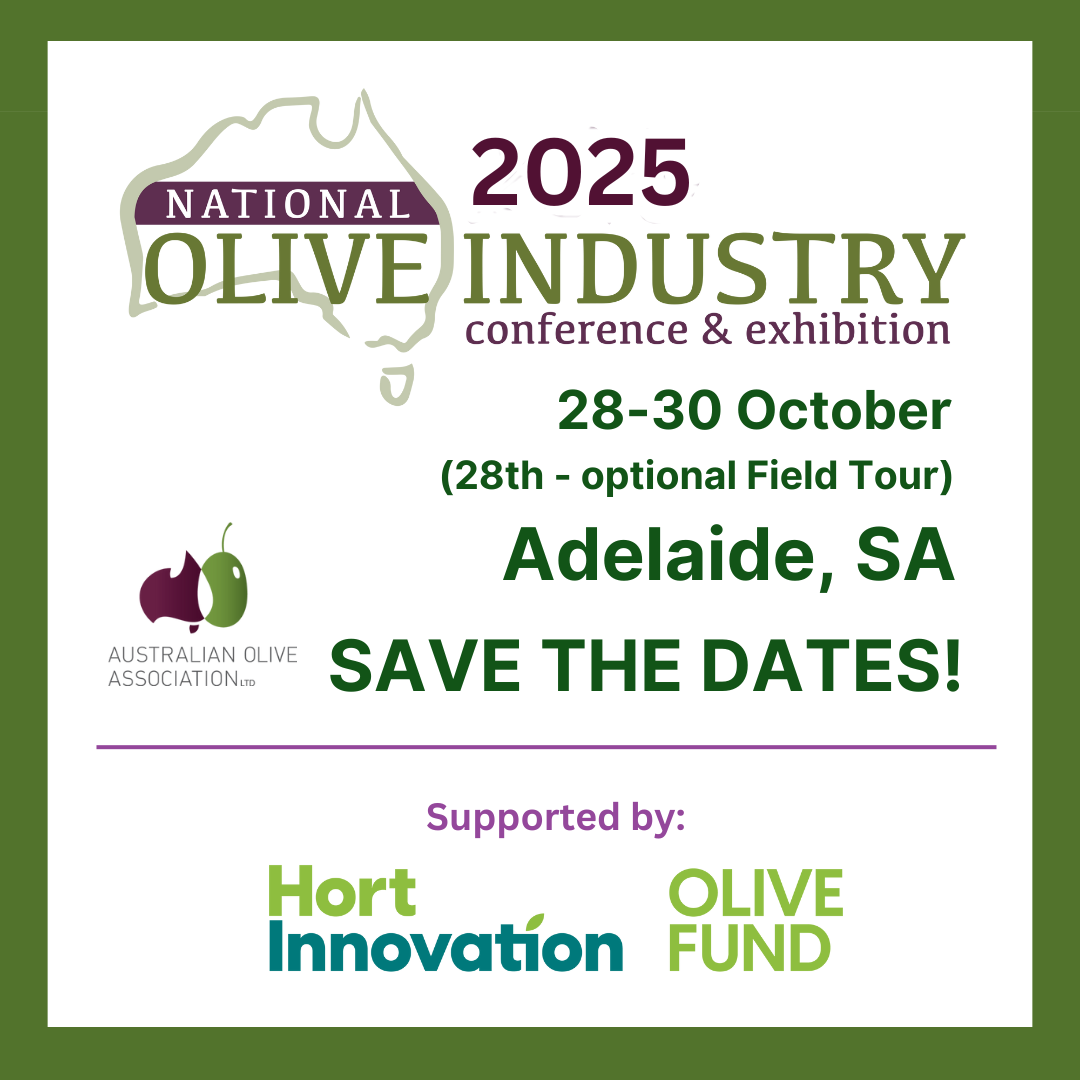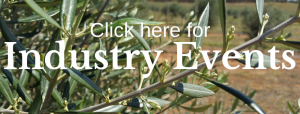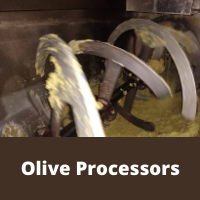
Permit 13999 (Version 7) – Dimethoate for use on olives, has recently been re-issued and extended by the Australian Pesticides and Veterinary Medicines Authority (APVMA), with a new expiry date of 31 March 2022.
Note: the permit allows Dimethoate use only on trees/fruit used for olive oil production and not for table olive production. View the permit here.
The permit was renewed by the Regulator following submission by Hort Innovation of outstanding residue data generated from the project MT18018 trials, as per the requirements of the APVMA review of uses of Dimethoate.
Dimethoate is a broad-spectrum systemic organophosphorus insecticide and acaricide used for a wide range of pests on fruit, vegetables, other crops and pastures.
AOA Agri-Chemical Permits Co-ordinator Peter McFarlane said the main use for Dimethoate on olives is for the control of Olive Lace Bug (OLB), Froggattia olivinia, which is a serious Australian native pest of olives. The permit also allows use for Green Vegetable Bug and Rutherglen Bug, however these are rarely reported as problems in olives.
Along with other pesticides of this class, its mode of action is through inhibition of the enzyme acetylcholinesterase. This inhibition results in the over-stimulation of the nervous system.
McFarlane said that Dimethoate is an ‘old chemistry’ option among a growing suite of approved ‘new chemistry’ control options for OLB, so its predicted eventual demise will not be problematic for industry.
Other options currently available include:
- PER 89943 Trivor Insecticide (acetamiprid + pyriproxyfen), to 31 January 2024. Group 4A (Neonicotinoid) and Group 7C (Insect Growth Regulator) for OLB and Scale. Use: maximum two applications per season. Withholding period 28 days.
- PER14897 Clothianidin (Samurai), to March 2023. Systemic Group 4A (Neonicotinoid). Use: apply one spray only at the nymphal stage. Withholding period: 56 days.
- PER81949 Esenvalerate (Sumi-Alpha-Flex), to November 2021: Group 3A (broad spectrum synthetic pyrethroid), (demonstrated efficacy but disruptive to beneficials). Use: max four applications per season. Withholding period: 14 days.
- PER13999 (Version 7) Dimethoate, to March 2022: contact and systemic Group 1B insecticide. Maximum of 4 applications per season. Withholding Period: 42 days.
Pending:
- Flupyradifurone (SIVANTO) – (Xylem mobile) foliar contact agent and in soil systemic Group 4D butenolide systemic insecticide – IPM compatible. Trials due for completion June 2021. Technical info here.
Use: anticipated maximum one application per season. Anticipated withholding period: 20 days.
Organic approved options:
- PER81870 Pyrethrum (Pyganic), to 31 Oct 2019, broad spectrum organic pyrethroid Group 3A insecticide (Organic Certified). Use: maximum two consecutive sprays. Withholding period: one day *trial work currently underway for label registration.
- PER14414 (Natrasoap®) fatty acids – K salt, to September 2023: contact agent (variable reports as to efficacy). Use: apply at first nymphal instar stage and repeat 7-10 days apart. Withholding period: nil.
- Horticultural spray oils are simple, easy to use safely, and are kinder to beneficial insects, but they do depend on the spray fully “wetting” the instars and insects. Since the instars and insects live on the underside of olive leaves, the spray equipment must be set up carefully to saturate the undersides of the leaves right across the tree.
- Biologicals, including the native green lacewing Mallada signata.
Adverse experience/non-performance reporting
A Non-Performance Reporting Form for Horticultural Pesticides should be completed when an adverse experience occurs as a result of using this permit:
A ‘non-performance’ is an unintended or unexpected effect on plants, plant products, animals, human beings or the environment, including injury, sensitivity reactions or lack of efficacy associated with the use of an agricultural chemical product(s) when used according to label (or permit) directions.
Access the Non-Performance Reporting Form for Horticultural Pesticides here and email to: jodie.pedrana@horticulture.com.au.
Non-performance information can also be provided to the APVMA via the On-Line Adverse Experience Report Form here.



